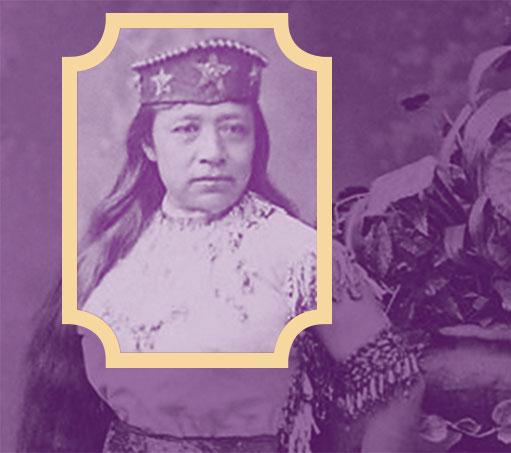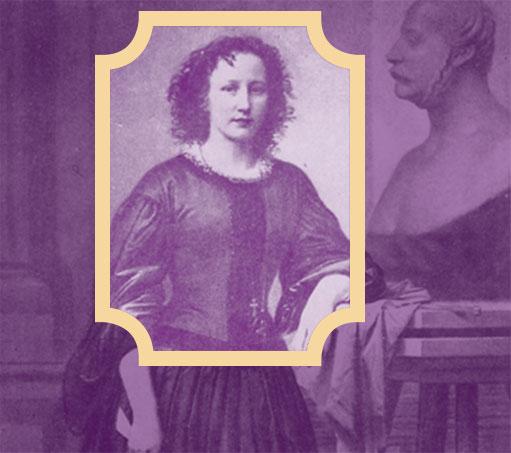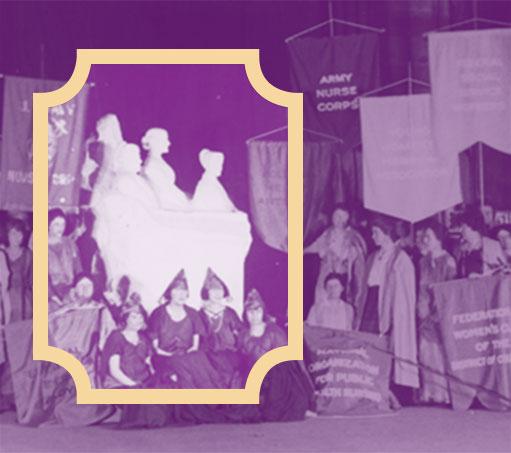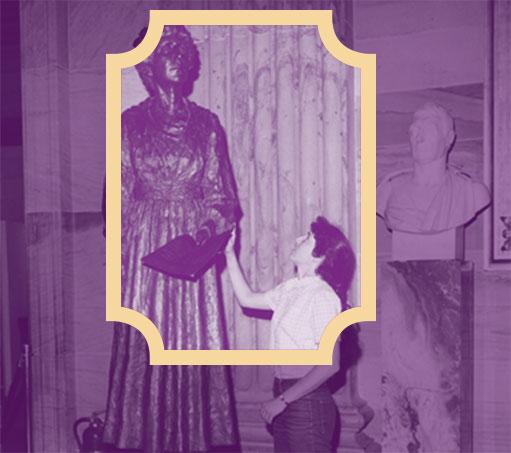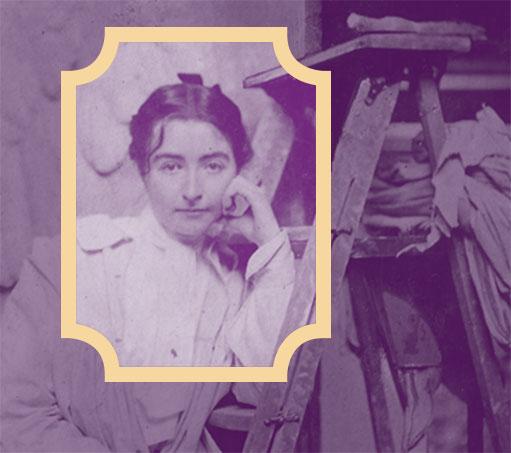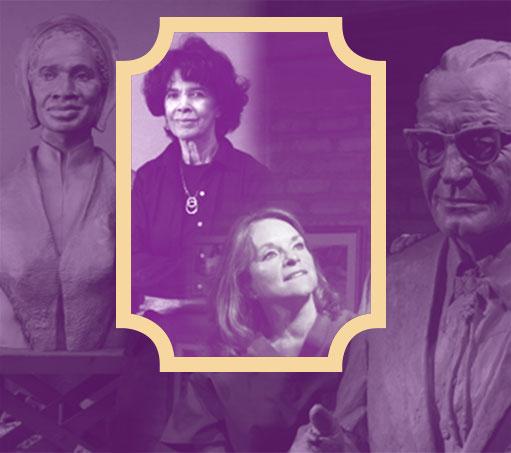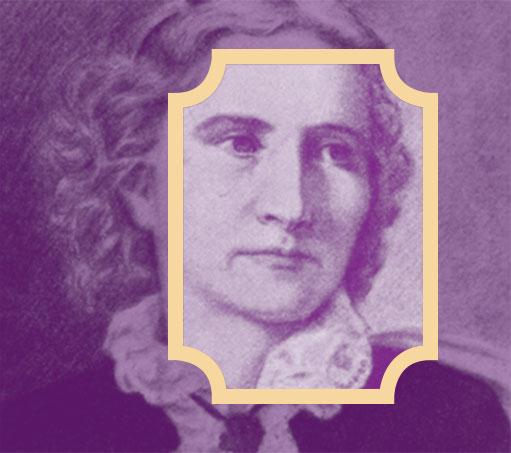Vinnie Ream and a Senate Debate
Listen to our podcast on your favorite podcast platform: Apple Podcasts, Google Podcast, Spotify, Anchor.fm, Breaker, Pocket Casts.
Using Internet Explorer or Microsoft Edge, listen on RadioPublic.
Vinnie Ream, Fame and Notoriety
The women who became professional artists after 1850 were the subject of much public interest, both when classed together as a “flock” and when viewed as outliers to mainstream society. There were ongoing debates about women’s ability, the authenticity of their work, and for some, the propriety of their behavior. Social restrictions on women were such that an artist might cause a scandal simply by working in her studio without a chaperone.
Women—not just artists—were shaping their identities as public figures in unprecedented ways, and media coverage of the era allowed others to follow their every move. Youthful, attractive, and unattached, Vinnie Ream garnered a lot of attention. Early in her long career she used her savvy to turn this intense scrutiny to her advantage. She remained in the public eye even after her celebrated wedding, and three statues in the Capitol represent her 40-year career.
By the time Vinnie Ream’s last statue arrived in the 1910s, women sculptors were not as rare, nor were women who pursued careers after marriage. In fact, Belle Kinney and her husband Leopold Sholz collaborated on two works in the Capitol in that same time period.
Guest Speaker: Melissa Dabakis, Professor of Art History Emerita, Kenyon College.
She is the author of the book, “A Sisterhood of Sculptors: American Artists in Nineteenth-Century Rome.”
Learn more about the life and contributions of Vinnie Ream.
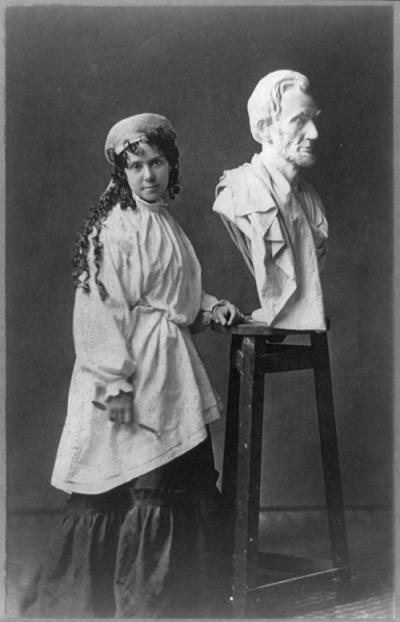 Vinnie Ream, 1847-1914
Vinnie Ream, 1847-1914
Vinnie Ream at work upon her Lincoln bust, which rests upon the stand she used in the White House while President Lincoln posed for her.
Between 1865 and 1870
Photograph
Retrieved from the Library of Congress
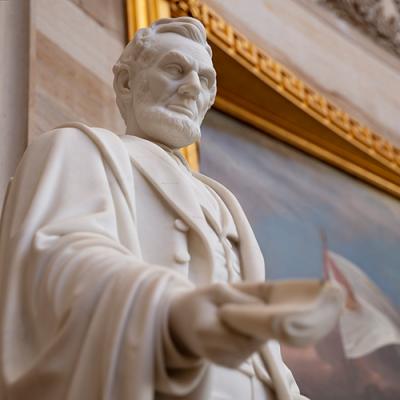 Abraham Lincoln Statue
Abraham Lincoln Statue
Sculpted by Vinnie Ream, the first female artist commissioned to create a work of art for the U.S. government.
Marble, 1871, Rotunda, U.S. Capitol
Ream’s commission of this statue was at the center of a Senate debate in 1866.
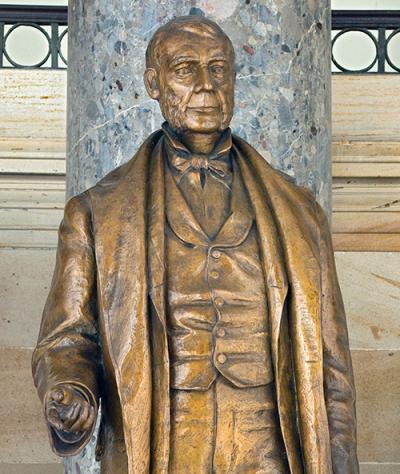 Samuel Jordan Kirkwood
Samuel Jordan Kirkwood
Sculpted by Vinnie Ream
Given by Iowa in 1913
Bronze, Hall of Columns, U.S. Capitol
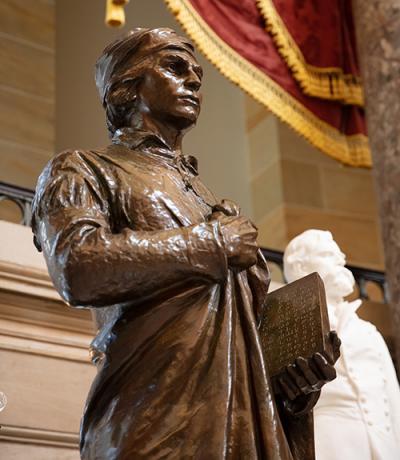 Sequoyah
Sequoyah
Sculpted by Vinnie Ream (completed by G. Julian Zolnay)
Given by Oklahoma in 1917
Bronze, National Statuary Hall, U.S. Capitol
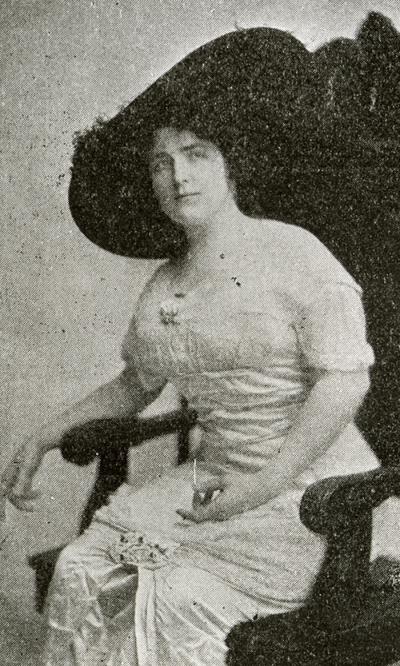 Belle Kinney Scholz, 1890-1959
Belle Kinney Scholz, 1890-1959
Belle Kinney Scholz along with her husband, Leopold, sculpted both of Tennessee’s statues for the National Statuary Hall Collection – Andrew Jackson, given in 1928, and John Sevier, given in 1931. Image courtesy of the Architect of the Capitol
